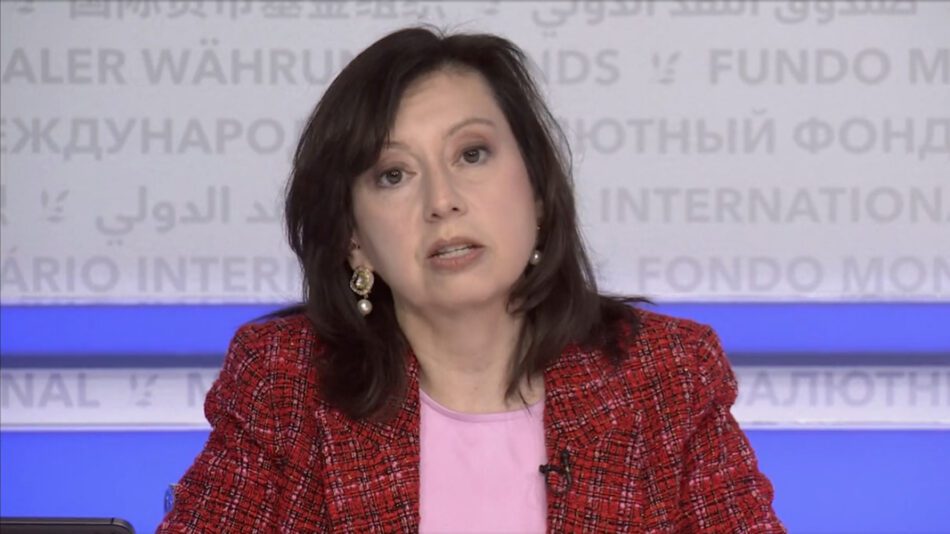IMF / Fragmentation Sri Lanka Ethiopia

In a shock-prone world, economies must be more resilient—individually and collectively, advised the IMF in a press briefing held today, May 16, 2024, in Washington, DC. According to IMF research, Cooperation is critical, but greater protectionism could lead to fragmentation, and even split nations into rival blocs just as fresh shocks expose the global economy’s fragility.
“Our studies indicate that global losses from fragmentation, there’s quite a wide range. They can range from 0.2% of global GDP all the way up to 7% of global GDP. And to put that in context, 7% of global GDP, which would be kind of severe fragmentation, represents the combined size of Germany and Japan’s economies. And of course, the cost of fragmentation would be higher should there be, for example, technological fragmentation in addition,” said Julie Kozack, Director of the Communications Department at the IMF.
IMF staff and the Sri Lankan authorities have reached staff-level agreement on economic policies to conclude the second review of the 4-year EFF-supported program and the 2024 Article IV Consultation. Once the review is approved by IMF Management and completed by the IMF Executive Board, Sri Lanka will have access to about US$337 million in financing.
“With respect to Sri Lanka’s economic performance. Macroeconomic policies in Sri Lanka are starting to bear fruit. Commendable outcomes include a rapid decline in inflation, robust reserve accumulation, and initial signs of economic growth, while also preserving a stability in the financial system. Overall, program performance has been strong. The next steps with respect to the debt restructuring, are to conclude negotiations with external private creditors and to implement the agreements in principle with Sri Lanka’s official creditors. The domestic debt operations are largely completed. The initial debt restructuring negotiations with external bondholders ended in mid-April without an agreement and discussions are continuing with a view to reaching agreement in principle. And on the official creditors side, these agreements in principle still need to be finalized,” said Kozack.
On Ethiopia, an IMF staff team led by Mr. Alvaro Piris, IMF’s Mission Chief to Ethiopia, visited Addis Ababa from March 19 to April 2, 2024, to hold discussions on the authorities’ request for IMF support for their reform program.
“An IMF mission visited Addis Ababa from March 19th through April 2nd to hold discussions on the authorities’ request for IMF support for their program. Discussions then continued during our Spring Meetings, which were held here in Washington in April and have been continuing virtually since then. As these discussions evolve, we will continue to provide updates. What we can say is that we have made substantial progress towards establishing how the IMF can support the authorities’ economic program, and we will continue to work closely with the authorities in these virtual discussions,” added Kozack.
To watch the full briefing, click here.





